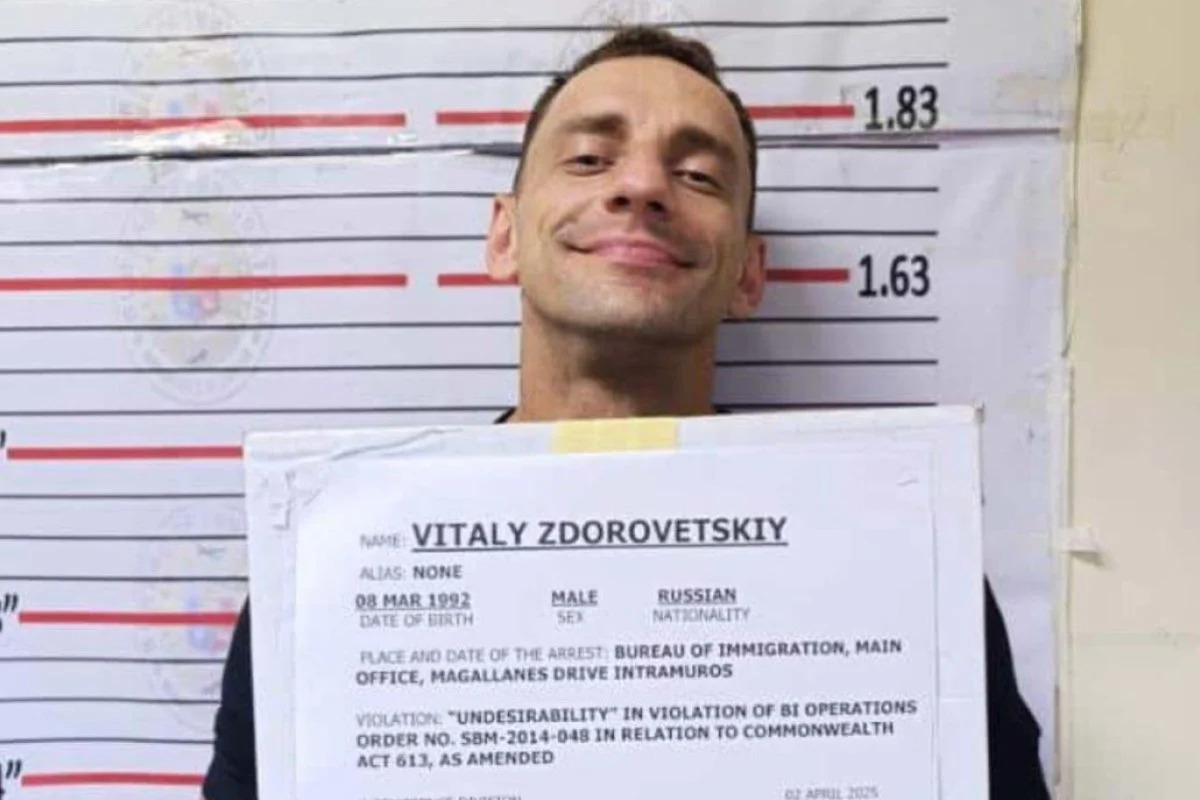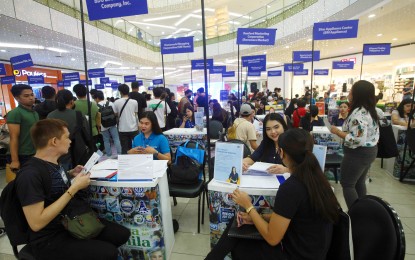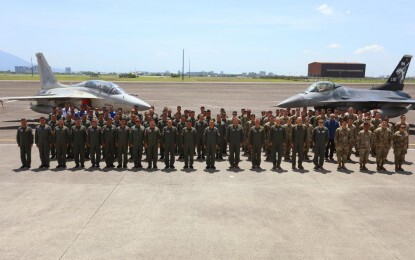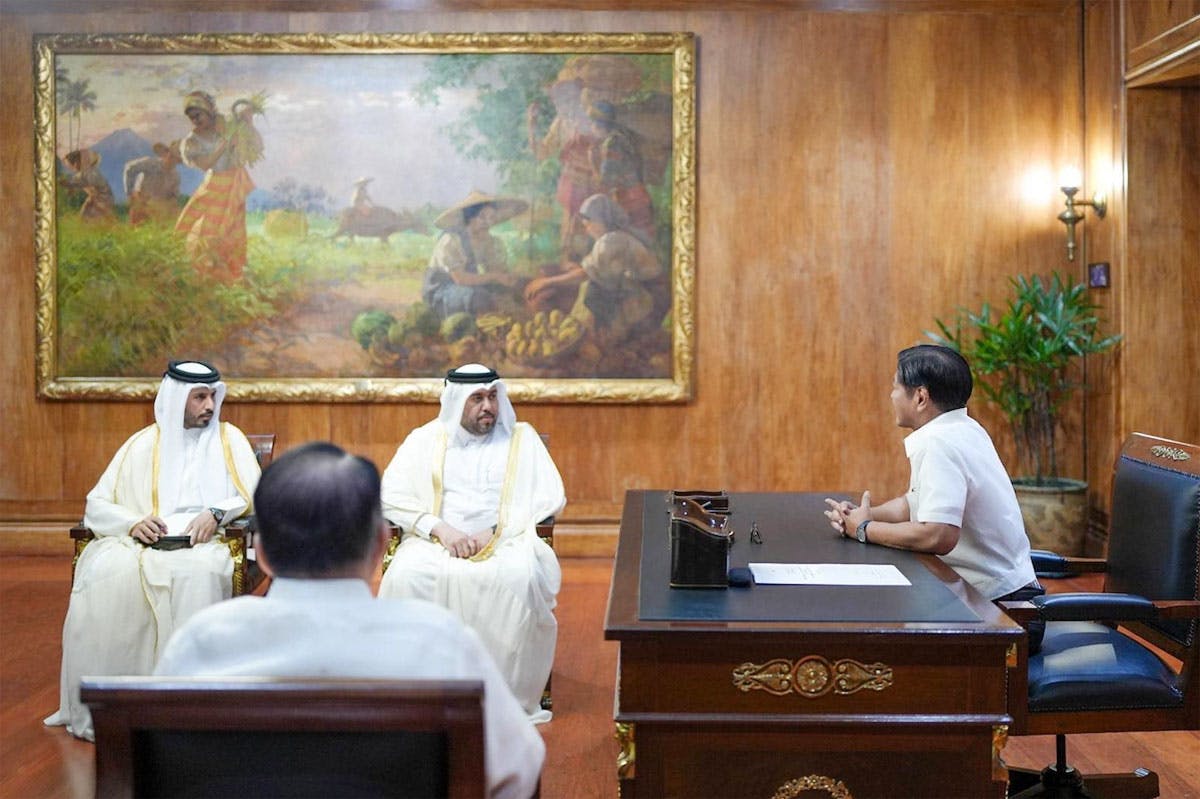Now Reading: Russian Vlogger Vitaly Zdorovetskiy to Face Charges in the Philippines for Harassment
-
01
Russian Vlogger Vitaly Zdorovetskiy to Face Charges in the Philippines for Harassment
Russian Vlogger Vitaly Zdorovetskiy to Face Charges in the Philippines for Harassment

Department of the Interior and Local Government (DILG) Secretary Jonvic Remulla has confirmed that Russian vlogger Vitaly Zdorovetskiy will remain in the Philippines until the conclusion of criminal proceedings against him. Zdorovetskiy faces charges for allegedly harassing and insulting Filipinos as part of his online content.
Zdorovetskiy, arrested on April 2, 2025, in Pasay City, is currently detained by the Bureau of Immigration (BI), classified as an undesirable alien and potential flight risk. Remulla stated during a press conference in Quezon City that authorities would not permit Zdorovetskiy to leave the country until a judicial decision is finalized.
Strong Warning to Content Creators
Remulla issued a clear warning about accountability, stressing that content creation does not grant immunity from legal responsibilities. “People must take responsibility for the content they create. It is not a license to shame, hurt, or besmirch anyone,” he stated. This statement underscores the government’s strong stance on safeguarding citizens against harmful digital and social media practices.
Background of the Charges
Zdorovetskiy is currently facing at least five criminal charges, including an incident on Boracay Island where he allegedly insulted a windsurfing instructor. Authorities accuse him of profiting by disrespecting people through his social media platforms—a behavior Remulla firmly declared unacceptable in the Philippines. “We will not allow anyone to insult and disrespect Filipinos,” he emphasized.
History of Controversial Conduct
Known internationally for provocative and controversial online pranks, Zdorovetskiy has previously faced similar accusations in other countries, with some declaring him persona non grata due to his disruptive actions. During the press briefing, Zdorovetskiy was seen murmuring and gesturing, with Remulla confirming that Zdorovetskiy directed inappropriate language toward him.
Accountability for All Content Creators
DILG officials have reminded both local and international content creators of their obligation to behave responsibly and respectfully. The ongoing case serves as a potent reminder that the Philippine government will strictly enforce standards of respect, safety, and accountability, regardless of the individual’s nationality.
This case contributes to the broader conversation about responsible social media use, especially among international visitors seeking to create content for profit. The Philippine government reiterates its commitment to ensuring foreign nationals comply with the law and uphold the dignity of Filipinos.



























